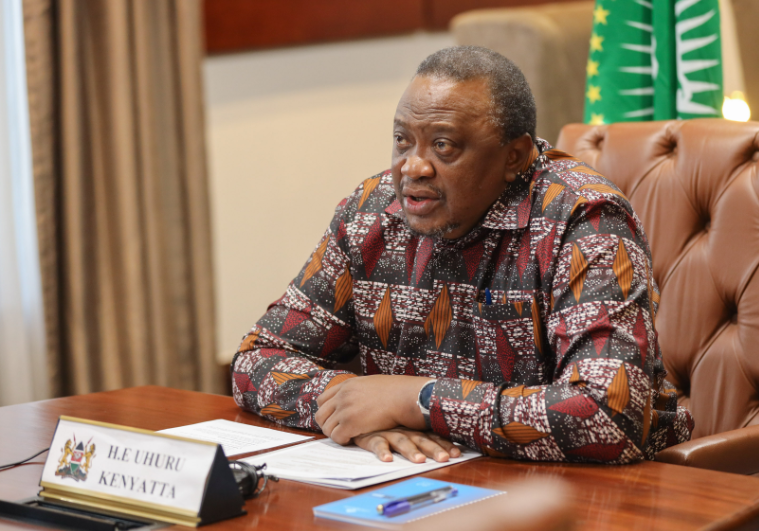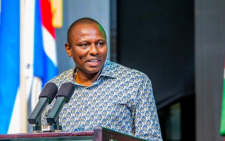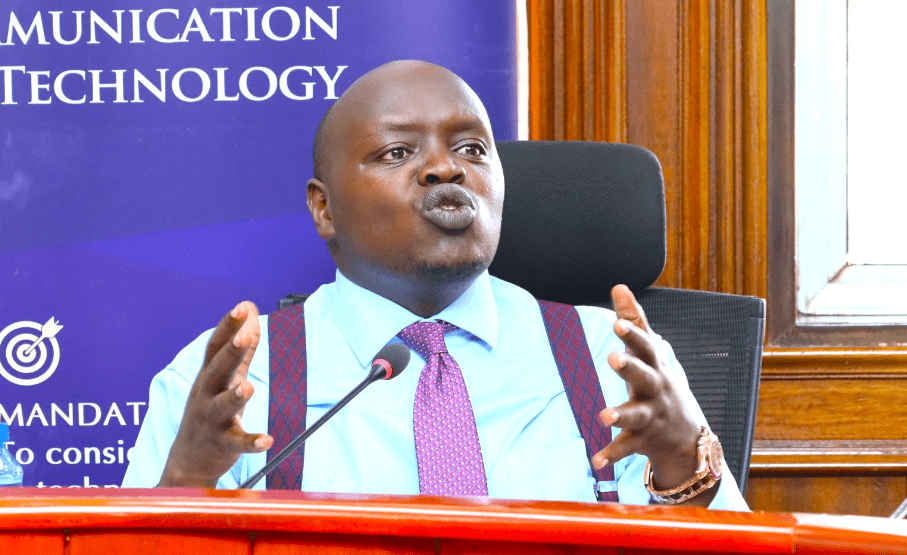Uhuru’s betrayal remark touched a raw nerve

Retired President Uhuru Kenyatta on Saturday made a loaded but thinly veiled political statement aimed at his predecessor President William Ruto’s leadership.
Speaking about Kenya’s fragmented nation, Uhuru decried what he described as “politics of betrayal and bad governance” and called for “servant leadership, not leadership to be served.”
Uhuru did not mince his words during the episcopal ordination of auxiliary bishops in Nairobi. He asked the clergy to robustly assume their sacred duty as shepherds of God and lead the flock (citizens and politicians) to higher moral ground.
There is no doubt where he was referring to when he said the “traitors” were not in the Church, but “outside there” as he alluded to the prevailing situation in the country.
Uhuru’s claim may not be off the mark. The ruling elite are overtly and covertly serving themselves rather than the people. Wananchi are relegated to the periphery, watching as their “representatives” exude impunity and affluence, gobbling the people’s taxes.
The war on corruption is in cold storage. Citizens are reeling from unprecedented economic hardships, pain inflicted by the Finance Act, 2023 they vehemently opposed, a bitter pill Ruto insists they must swallow for their own good.
While Uhuru’s statement has opened a Pandora’s box and also exposed his 10-year rule to scrutiny, the boot is now firmly on the current Kenya Kwanza administration.
An enlightened public continues demanding political, electoral economic, social, and environmental justice and their rights, not mere rhetoric or lip service.
Kenyans are demanding transparency and accountability in the management of economic affairs and the distribution of national resources.
Appointments to key State institutions and corporations seem to largely serve pervasive personal and ethnic strategic purposes rather than the public good.
Today, emboldened and buttressed by the Constitution that has withstood pressure for malleability from the political elite, citizens are quick to raise the red flag.
Kenyans are emerging from a toxic political environment that entangled Uhuru, Ruto and Opposition leader Raila Odinga in a vicious contest that continued well after the controversial 2022 presidential election.
Impunity reached unprecedented heights with politicians from one side of the political divide adopting an obstinate winner-takes-it-all attitude that split the nation right down the middle and persists to date.
Apparently, mass protests led by Raila in early 2023 awakened the reality of the futility of this attitude, the raw nerve ailing the society that Uhuru has touched.
Kenyans spoke through the protests and the fruits began to bear when the National Dialogue Committee concluded its public deliberations. Soon after, the “handshake,” much maligned by Kenya Kwanza hawks, happened between Ruto and Raila.
Yes, the political elite are birds of the same feather that flock together regardless of which nest they belong.
Who would have expected a year ago that Ruto and his allies would today be vigorously campaigning for Raila’s election to the post of chairperson African Union Commission?
Lesson. Politicians, whatever status, must remember Kenya belongs to 42-plus ethnic communities, not to one constitutionally bound individual, clique, or ethnic group. All citizens deserve an inclusive, equal share of the national cake.
In other words, what Uhuru said on Saturday is a ticking time bomb, the reality of the current situation in Kenya, words his successor better take heed of.
—The writer comments on political and economic affairs
—albertoleny@gmail.com












